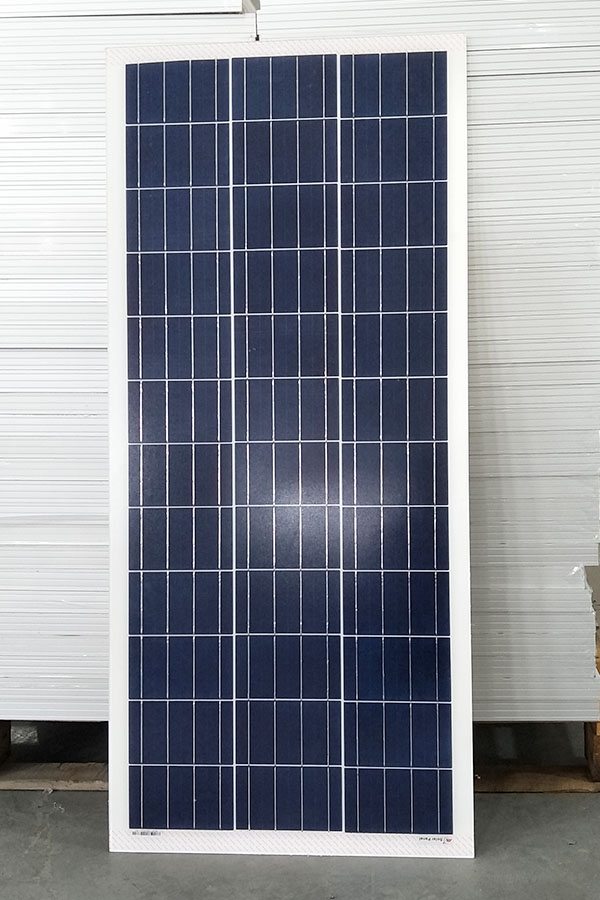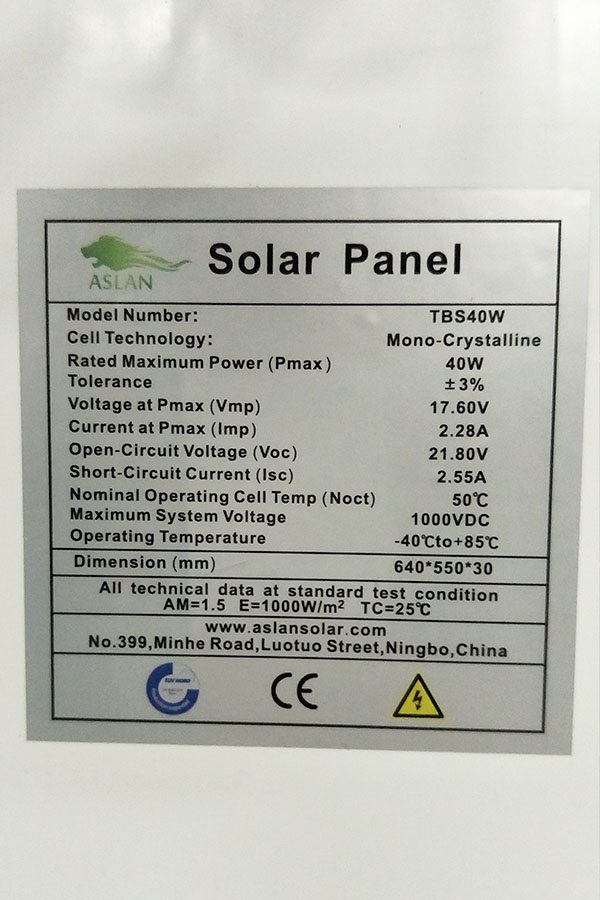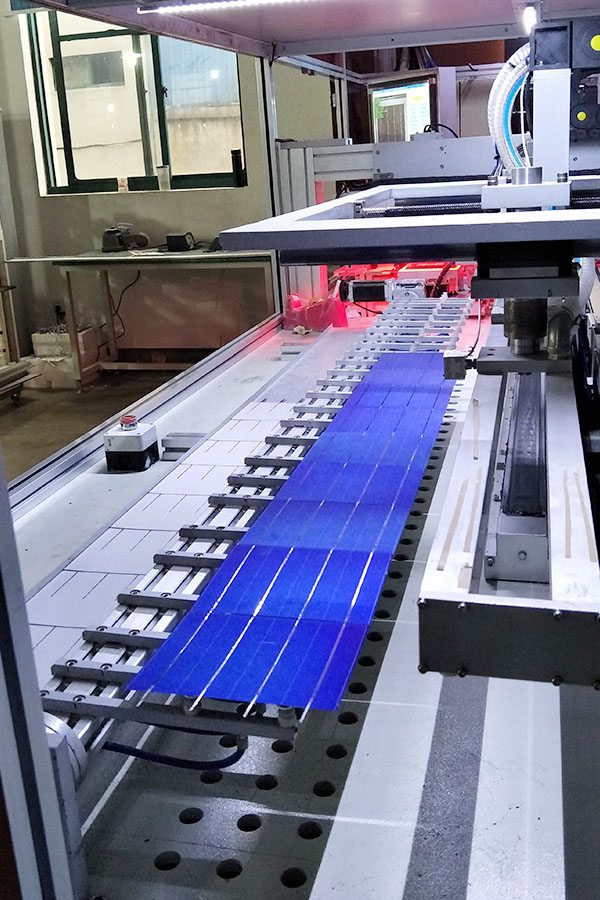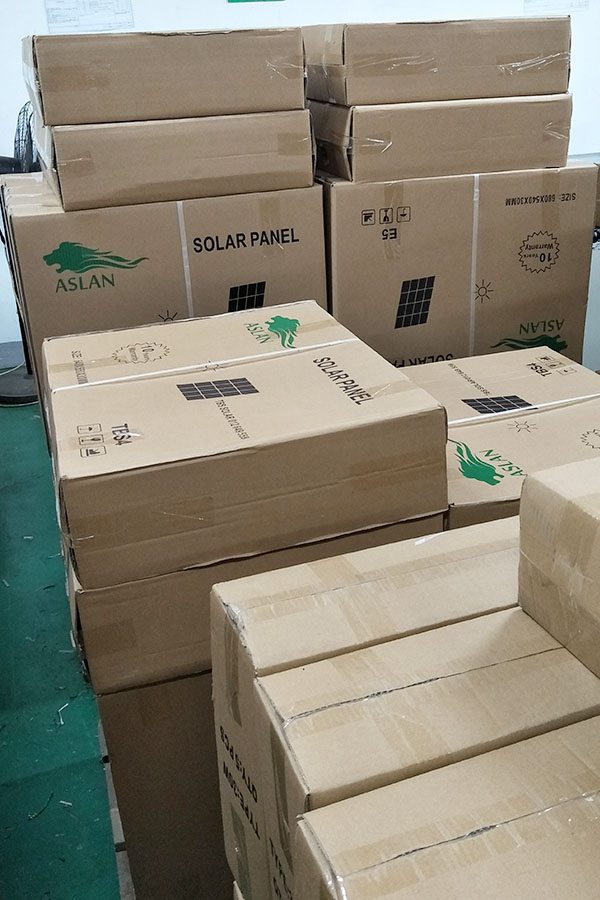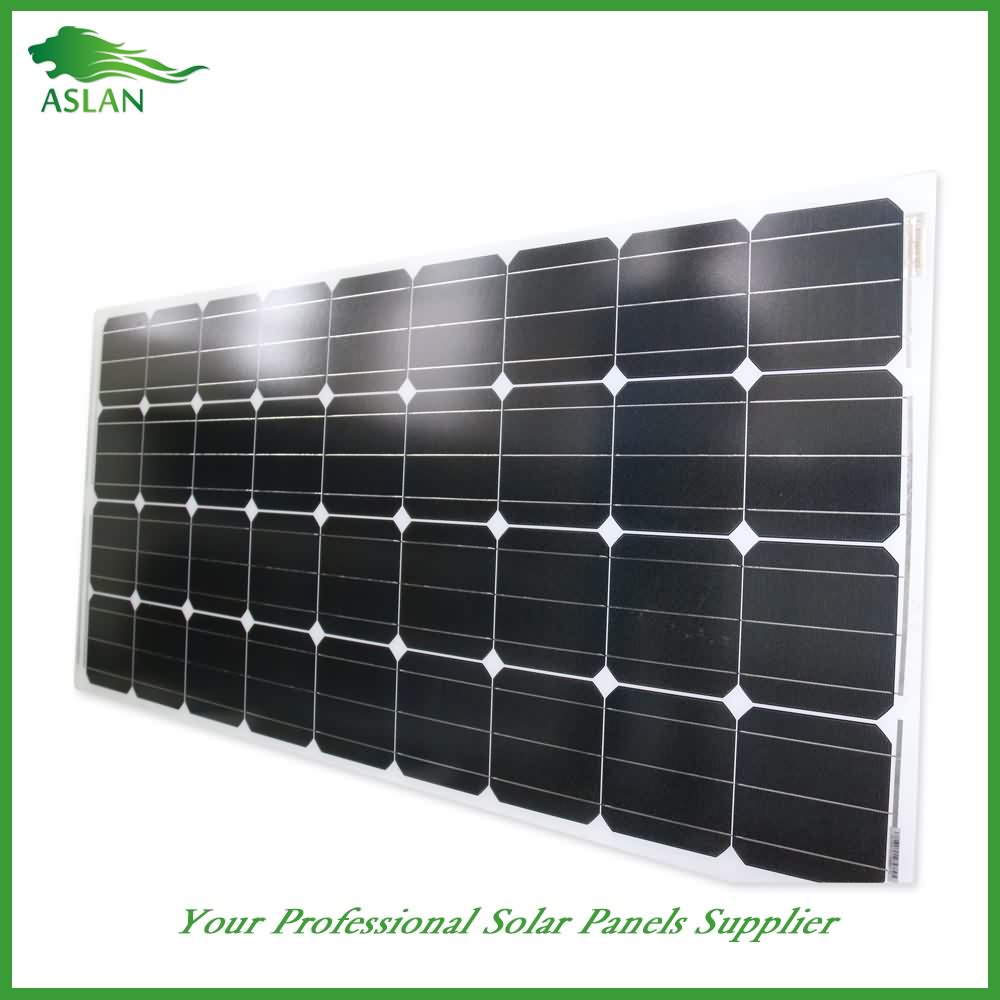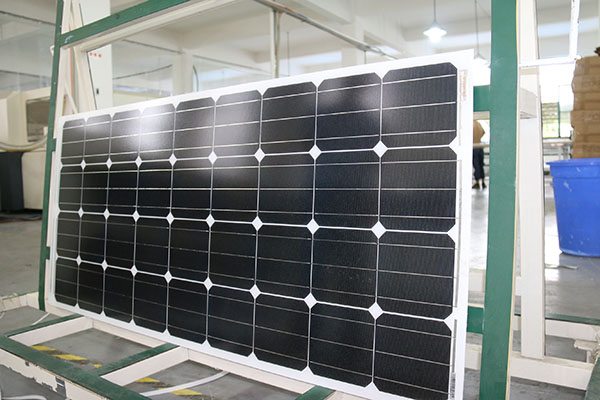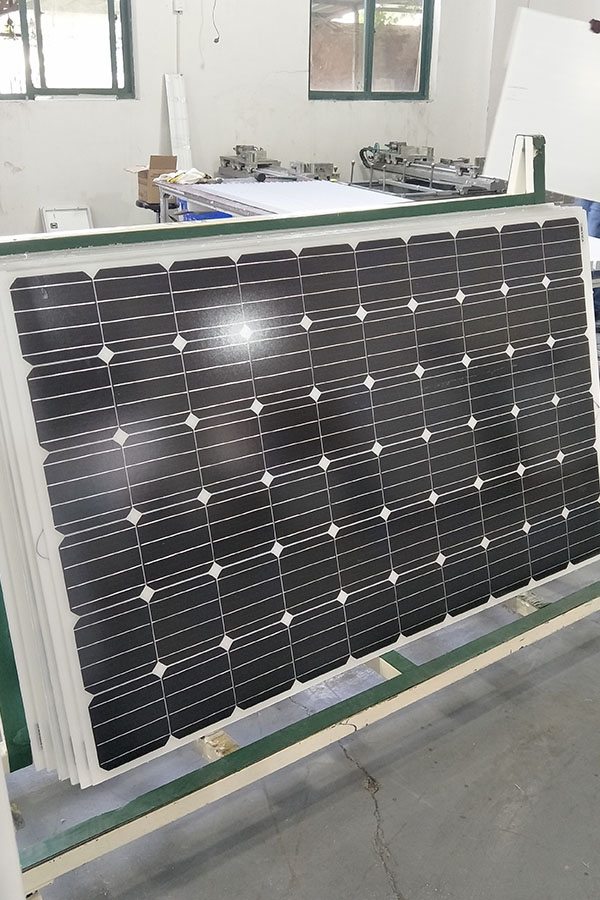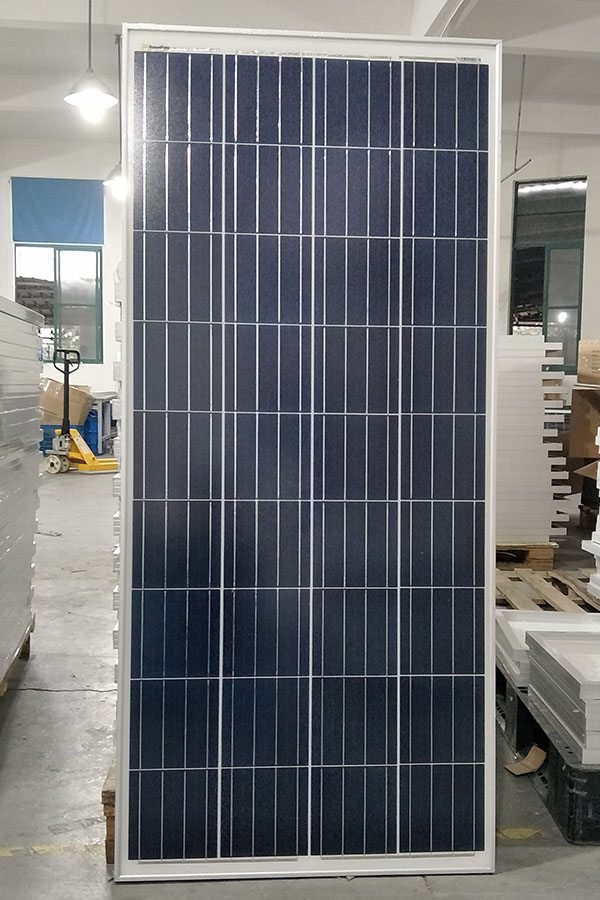New Fashion Design for Poly-crystalline Solar Panel 90W Wholesale to Oman
Short Description:
We believe that long term partnership is a result of high quality, value added service, rich experience and personal contact for New Fashion Design for Poly-crystalline Solar Panel 90W Wholesale to Oman, We will supply best quality, the most market competitive price, for every new and old customers with the most perfect green services.
Poly-crystalline Solar Panel 90W
Technical parameter
Maximum Power(W) 90W
Optimum Power Voltage(Vmp) 18.33V
Optimum Operating Current(Imp) 4.91A
Open Circuit Voltage(Voc) 21.96V
Short Circuit Current(Isc) 4.89A
Mechanical Characteristics
Cell Type Poly-crystalline 156x104mm (6 inch)
No of Cell 36 (4x9pcs)
Dimensions 1008x678x35mm
Weight 8.0KGS
Front Glass 3.2mm,High Transmission, Low Iron,Tempered Glass
Junction box IP65 Rated
Output Cable TUV 1×4.0mm2/UL12AWG,Length:900mm
Temperature and Coefficients
Operating Temperature(°C): -40°C ~ + 85°C
Maximum System Voltage: 600V(UL)/1000V(IEC) DC
Maximum Rated Current Series: 15A
Temperature Coefficients of Pmax: -0.435%
Temperature Coefficients of Voc: -0.35%
Temperature Coefficients of Isc: 0.043%
Nominal Operationg Cell Temperature (NOCT): 47+/-2°C
Materials of solar panel
1).Solar Cell——Poly-crystalline solar cell 156*104mm
2).Front Glass——-3.2mm, high transmission, low iron, tempered glass
3).EVA——-excellent anti-aging EVA
4).TPT——-TPT hot seal made of flame resistance
5).Frame——anodized aluminum profile
6).Junction Box——-IP65 rated, high quality, with diode protection
Superiority: high quality anodized aluminum frame, high efficiency long life, easy installation, strong wind resistance, strong hail resistance.
Features
1. High cell efficiency with quality silicon materials for long term output stability
2. Strictly quality control ensure the stability and reliability, totally 23 QC procedures
3. High transmittance low iron tempered glass with enhanced stiffness and impact resistance
4. Both Poly-crystalline and Mono-crystalline
5. Excellent performance in harsh weather
6. Outstanding electrical performance under high temperature and low irradiance
Quality assurance testing
Thermal cycling test
Thermal shock test
Thermal/Freezing and high humidity cycling test
Electrical isolation test
Hail impact test
Mechanical, wind and twist loading test
Salt mist test
Light and water-exposure test
Moist carbon dioxide/sulphur dioxide
http://www.amazon.co.uk/gp/product/B00S1H7WRS?tag=whitestuffpre-21
Some firefighters in the capitol region will soon be getting a slightly different type of trainging designed to keep them safe on the job: Solar panel training.
As more and more consumers purchase the panels in hope of reducing monthly power bills the odds of firefighters needing to put out a blaze on such a home improve.
“It’s just a matter of time,” says E.J. Seney, an Assistant Fire Chief in Albany.
A report issued by the Fire Protection Research Foundation in 2010 pointed out the number one concern among firefighters related to solar panels is firefighters should consider the panels to always be charged.
Cutting into a roof to vent the building is a standard firefighting tactic that takes on a new wrinkle in the presence of solar panels. The electricity running through panels is a threat in such a case, as is the glass on the panels.
Assistant Fire Chief David Quinn of South Schodack Fire Department is having panels installed on his home. He points out that in the case of a fire the panels can pose a danger to firefighters, not homeowners. He says the homeowner’s best bet is the same: Get out.
“We’ll figure it out when we get there,” says Quinn, “but if we get the information ahead of time or if the homeowner is there and meets the firefighters outside just to let them know they have solar panels on the house, that’s helpful.”
Quinn says in some cases municipalities will notify fire departments of houses that get solar panels installed.
